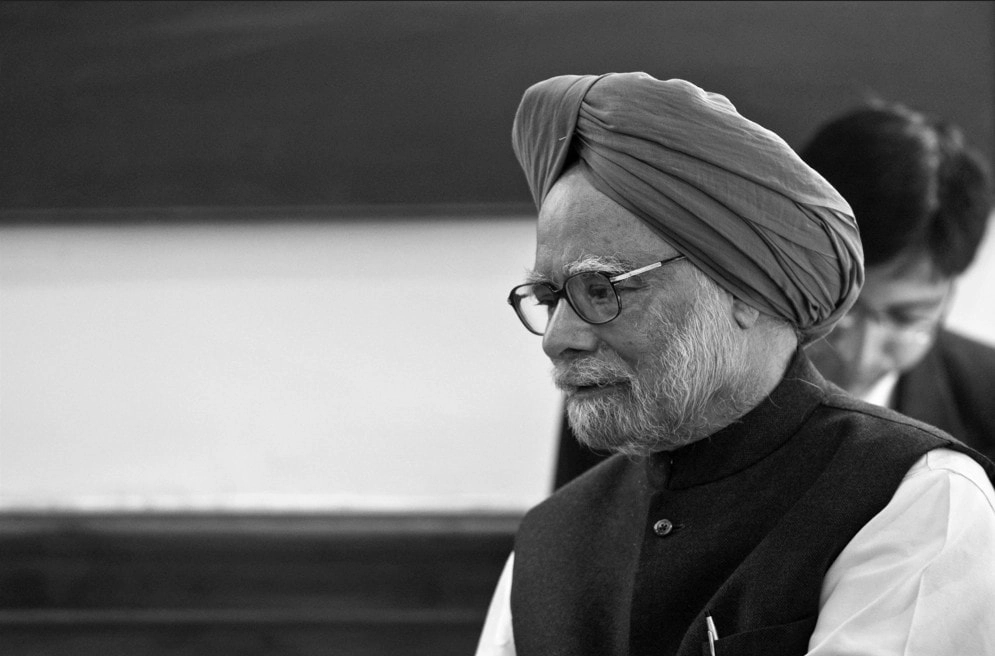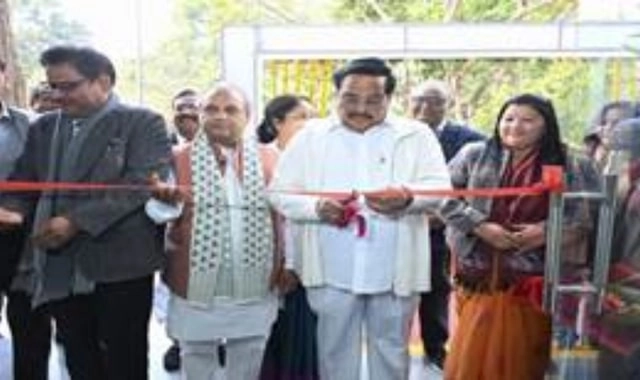Former Prime Minister Manmohan Singh has been posthumously honored with the prestigious PV Narasimha Rao Award, recognizing his significant contributions to India’s economic landscape. Manmohan Singh, often regarded as the architect of India’s economic reforms, played a pivotal role during a transformative period in the nation’s history. His leadership and visionary policies laid the groundwork for liberalization, which has had lasting impacts on the country’s growth trajectory. This award serves as a testament to his enduring legacy in shaping India’s economy and fostering an environment conducive to development and globalization.
The PV Narasimha Rao Award, named after another influential prime minister, celebrates outstanding contributions to economic policy and reform in India. Singh’s tenure, particularly during the 1990s, is marked by a series of bold decisions that shifted the country from a closed, state-controlled economy to a more open and market-oriented framework. His approach not only addressed immediate financial crises but also initiated long-term structural changes that propelled India into the global economic arena. This recognition highlights the importance of visionary leadership in navigating complex economic challenges, underscoring how Singh’s policies have continued to influence subsequent generations of policymakers.
In honoring Manmohan Singh, the award also reflects on the collaborative spirit of governance that characterized his era. His ability to work alongside other leaders, including PV Narasimha Rao himself, was instrumental in implementing reforms that garnered bipartisan support. This collaborative approach is essential in today’s political climate, where economic policies often face significant hurdles due to partisan divides. By recognizing Singh’s contributions, the award emphasizes the need for unity and cooperation in addressing contemporary economic challenges.
Moreover, Singh’s legacy extends beyond economic policy; it encompasses a broader vision for inclusive growth and social equity. His emphasis on poverty alleviation and welfare programs aimed to ensure that economic reforms benefited all segments of society, particularly the marginalized. As India continues to grapple with socio-economic disparities, the lessons from Singh’s policies remain relevant. His posthumous recognition serves not only to honor his achievements but also to inspire current and future leaders to prioritize inclusive growth and sustainable development, ensuring that the benefits of economic progress reach every citizen.




